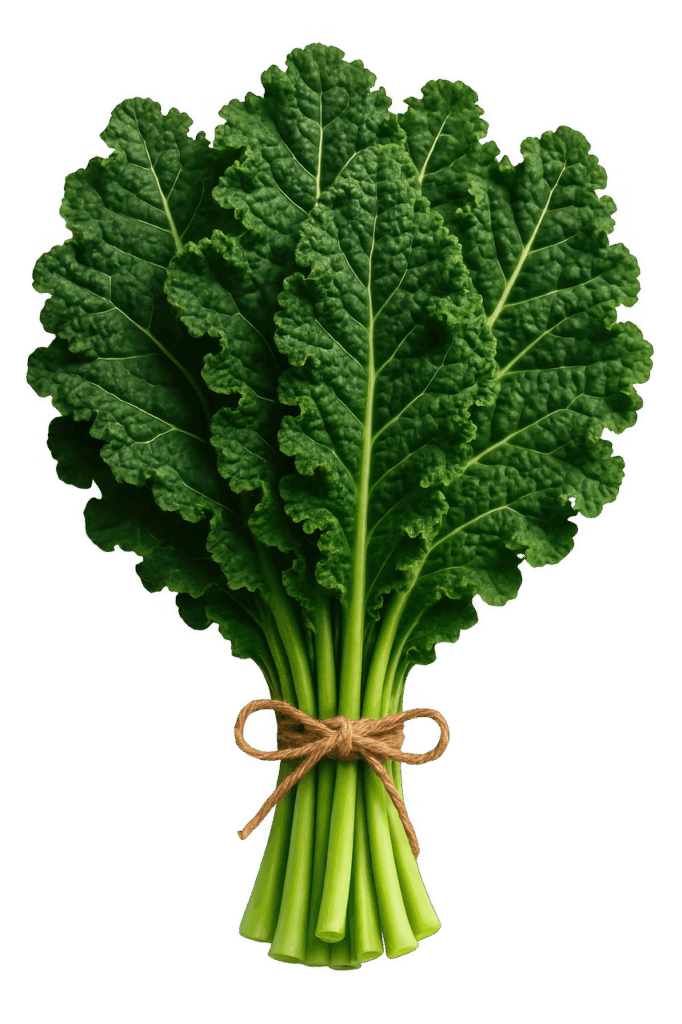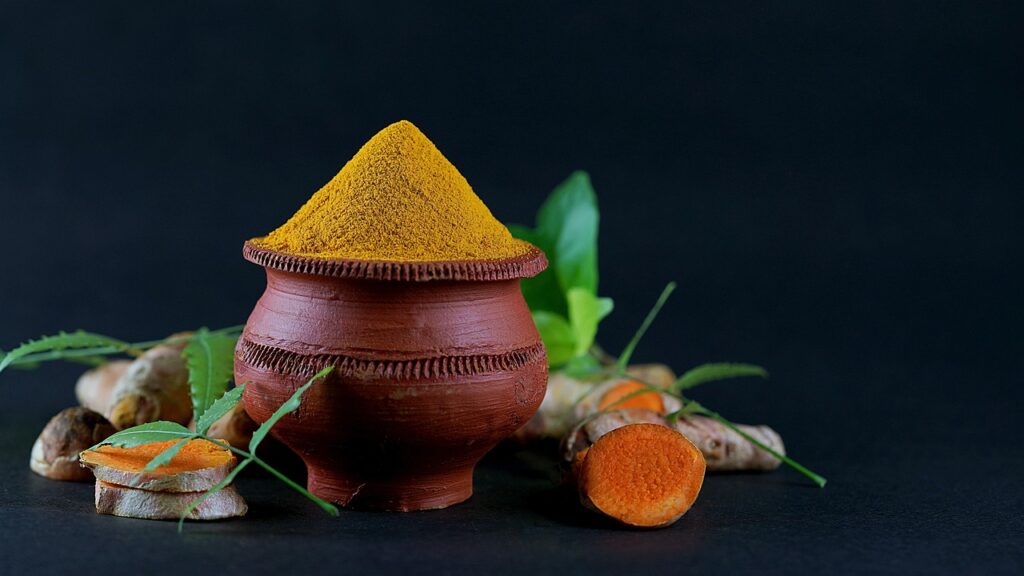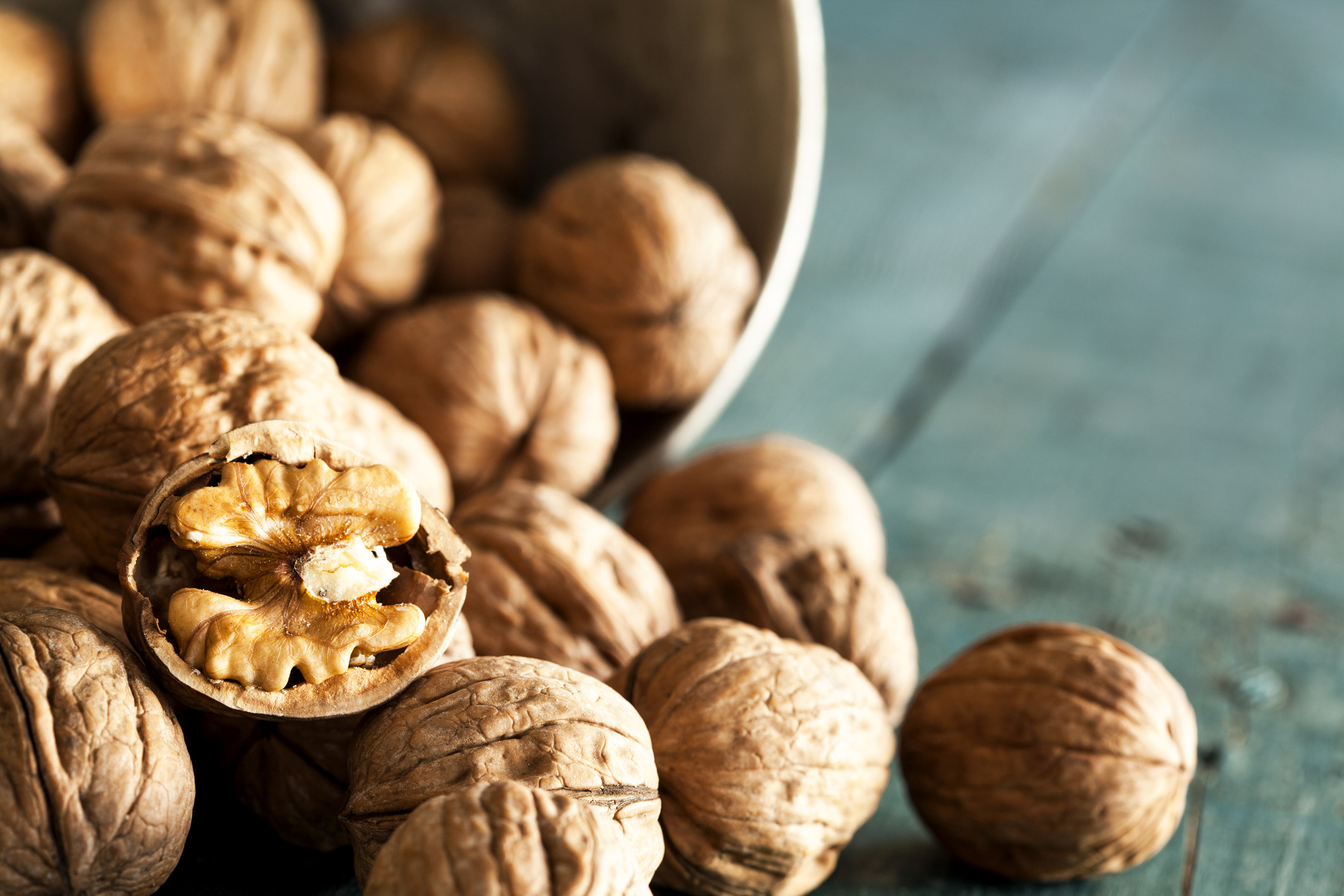
The age-old adage, “You are what you eat,” resonates deeply, especially when we consider the profound impact our dietary choices have on our overall health. While we often think of physical well-being, the connection between our food and our brain health is equally significant, influencing everything from memory and concentration to mood regulation and long-term cognitive function. It’s a truly fascinating and empowering area of study, revealing how certain foods can literally help our minds thrive and adapt.
Our brains, complex and dynamic organs, undergo continuous changes throughout our lives, a phenomenon known as “neuroplasticity,” meaning they can adapt and grow new neural pathways at any age. As we age, for instance, noticeable shifts like white matter changes can occur, affecting how parts of our brain communicate. Additionally, there’s a natural decrease in gray matter—the part controlling processing and thinking. The exciting news is we’re not passive observers; through strategic dietary choices, we can actively support our brain’s resilience and slow age-related degeneration, decreasing the risk of diseases like Alzheimer’s and dementia.
Nutritionists and brain health specialists alike increasingly emphasize the power of food to optimize cognitive health. Dr. Babak Tousi, a memory and brain health specialist, notes that “Different diets have been suggested over the years for optimal brain health and we have strong evidence for some.” Amy Kimberlain, M.S., R.D.N., CDCES, Spokesperson for the Academy of Nutrition and Dietetics, further supports this, stating, “A diet rich in whole, nutrient-dense foods will help support cognitive health and can ultimately protect against decline.” She, along with experts like neurosurgeon Dr. Brett Osborn, highlights a wealth of research demonstrating how specific foods can enhance memory, sharpen focus, and boost overall brain power. Let’s delve into some of these remarkable powerhouse foods.

1. **Fatty Fish: The Omega-3 Powerhouse for Cognitive Vitality**When nurturing your brain, fatty fish consistently takes center stage as a top recommendation, and for excellent reasons. These culinary treasures, often dubbed the “chicken of the sea,” are incredibly rich in omega-3 fatty acids, particularly docosahexaenoic acid (DHA). DHA is found in substantial quantities within the brain, where it plays a critically important role in constructing brain cell membranes and facilitating robust communication between neurons. This intricate cellular communication is absolutely essential for healthy cognitive function, supporting everything from learning to complex problem-solving.
The benefits of these essential fats extend far beyond basic cellular structure. Omega-3s are strongly associated with better cognition and, crucially, increased blood flow to the brain, vital for efficiently delivering oxygen and a constant supply of necessary nutrients. Dr. Babak Tousi, a leading memory and brain health specialist, emphasizes this, stating, “There is strong evidence that fish can help decrease degeneration of the brain. It may also help with memory decline in the elderly.” This underscores their profound importance as we navigate natural aging and seek to maintain mental sharpness.
Furthermore, compelling research suggests that DHA, so abundant in fatty fish, can potentially lower levels of beta-amyloid in the brain. Beta-amyloid is a protein notoriously associated with Alzheimer’s disease, making this a significant protective factor. Even as your brain’s gray matter—primarily responsible for memory processing—naturally decreases with age, the beneficial omega-3 fatty acids in fish can actually help increase your brain’s gray matter volume. This incredible ability to combat natural decline makes incorporating fish like salmon, tuna, cod, anchovies, sardines, mackerel, and trout into your diet a delicious and highly effective strategy for truly enhanced brain health and long-term cognitive resilience.
Read more about: Nourish Your Future: 14 Simple Anti-Inflammatory Foods Doctors Recommend for a Healthier You After 40

2. **Berries: Tiny Fruits with Mighty Antioxidant and Anti-inflammatory Power**Adding a vibrant splash of color to your plate isn’t merely an aesthetic choice; it’s a strategically brilliant move for superior brain health, especially when that color comes from a generous serving of berries. Dr. Tousi’s insightful recommendation to “Add color to your plate” is particularly apt for these small, yet incredibly potent fruits. Berries are a fundamental cornerstone of highly recommended brain-healthy dietary patterns, such as the MIND diet, and are cherished for their abundant supply of essential vitamins, minerals, fiber, and, most crucially, a powerful arsenal of antioxidant polyphenols.
These potent antioxidant polyphenols are absolutely crucial because they provide robust protection against oxidative stress, a detrimental process that can cause significant cell damage throughout the brain. Amy Kimberlain, a respected nutrition expert, further emphasizes that berries are “packed with potent antioxidants called flavonoids, including anthocyanins (the plant compound that gives berries and other colorful produce their rich pigments) that help combat inflammation, which contributes to brain aging.” This comprehensive protective action against both oxidative stress and inflammation is vital for maintaining cognitive vitality, mental clarity, and overall brain longevity over time.
Beyond their general antioxidant and anti-inflammatory benefits, various scientific studies have specifically highlighted berries’ profoundly positive impact on neurodegenerative diseases linked to aging. For instance, a notable 2014 study provided evidence that regular consumption of berries could significantly improve memory, transforming a simple bowl of blueberries, strawberries, or blackberries into a truly sweet and powerful treat for your brain. Blueberries, in particular, have been extensively studied and celebrated as a “super fruit” with immense potential to help fight Alzheimer’s disease. Their unique blend of beneficial compounds makes them a top-tier choice for anyone actively looking to significantly boost their brain power and protect cognitive function.

3. **Whole Grains: Sustained Energy for Optimal Brain Performance**The type of carbohydrates we consume plays a critical role in how our brain functions throughout the entire day. Swapping refined carbohydrates for nutrient-rich whole grains is one of the most impactful dietary changes you can make for sustained brain health and enhanced cognitive performance. Unlike the rapid energy spike and subsequent crash associated with simple carbs, whole grains provide a steady, consistent release of glucose. This ensures your brain receives a continuous and reliable supply of fuel, absolutely essential for maintaining focus, concentration, and stable mood.
Dr. Tousi explains the crucial physiological difference: “As soon as you eat white bread, it breaks down quickly into sugar. Whole-grain bread does not. Try to avoid foods that release sugar very quickly into your body.” The complex carbohydrates within whole grains break down more slowly. This gradual release of sugar allows blood sugar levels to remain stable, enabling your body and brain to function significantly more efficiently. This steady energy helps prevent mental fog, irritability, and energy dips often resulting from rapid blood glucose fluctuations.
Furthermore, consistently high sugar intake is directly linked with an accelerating decline in overall brain function. This connection makes the deliberate choice of complex carbohydrates from whole grains even more critical for long-term cognitive health. Beyond their stable energy delivery, whole grains like brown rice, quinoa, oatmeal, and whole-grain bread are abundant in dietary fiber and rich in crucial B-vitamins. Jaclyn London, M.S., R.D., C.D.N., highlights that these B-vitamins (B6, B12, folate) are strongly linked to reducing the risk of cognitive decline due to their remarkable potential memory-boosting benefits. Thus, making whole grains a foundational element of your diet is an intelligent and effective strategy for comprehensive brain wellness.
Read more about: Ever Wondered Which Foods Really Boost Your Brain Health? Prepare to Be Amazed

4. **Dark Leafy Greens: Nutrient Powerhouses for Enhanced Cognitive Function**Leafy greens are unequivocally celebrated as indispensable cornerstones of any truly healthy diet, and their profound benefits for the brain are particularly noteworthy. Foods such as spinach, kale, and collard greens are literally brimming with an impressive array of essential nutrients that play a vital role in promoting optimal brain function and actively safeguarding against cognitive decline. Dr. Brett Osborn, a highly respected neurosurgeon, frequently recommends the consistent incorporation of these powerful greens into one’s daily diet, even suggesting blending them into a morning smoothie as an incredibly easy and effective way to jumpstart your brain.
These dark, leafy greens are exceptionally rich in folate, a crucial B vitamin that is indispensable for the production of vital neurotransmitters like serotonin and dopamine. Both are absolutely essential for stable mood regulation, robust cognitive processes, and overall mental well-being. Beyond folate, these greens are also notably high in flavonols and vitamin K. Amy Kimberlain specifically points out that vitamin K “support[s] brain plasticity and memory retention,” which are fundamental aspects of a healthy, adaptable, and high-functioning brain throughout life. The synergistic combination of these potent nutrients makes leafy greens incredibly effective at slowing down brain aging and significantly improving mental processing speed and efficiency.
Moreover, the intrinsic anti-inflammatory properties of dark leafy greens contribute profoundly to their brain-protective effects. Chronic inflammation within the body and brain is a well-established contributor to accelerated brain aging and the development of neurodegenerative diseases. Therefore, consistent inclusion of powerful anti-inflammatory foods like spinach, kale, and Swiss chard in your daily meals is a proactive and highly intelligent step towards ensuring long-term cognitive health. Regular consumption of these verdant powerhouses, whether enjoyed fresh in salads, blended into nourishing smoothies, or lightly cooked, provides a consistently rich source of vitamins and minerals that will nourish, protect, and fortify your brain, leading to enhanced memory, sharpened focus, and overall superior mental clarity.

5. **Turmeric: The Golden Spice with Potent Neuroprotective Benefits**Turmeric, often revered globally as “the golden brain food,” has deservedly garnered significant attention from the scientific and health communities for its truly remarkable array of health benefits, particularly its profound positive impact on cognitive function. The primary active ingredient responsible for turmeric’s potent and widely studied effects is curcumin, a powerful compound recognized extensively for its impressive antioxidant and anti-inflammatory properties. This natural antioxidant possesses the unique and invaluable ability to penetrate the blood-brain barrier, allowing it to directly exert its protective and beneficial effects within the brain itself, making it exceptionally effective.
Compelling and ever-growing research is increasingly demonstrating curcumin’s significant potential to benefit individuals with conditions like Alzheimer’s disease. Amy Kimberlain, referencing these studies, states that curcumin “may improve memory and help age-related mental decline.” Beyond these specific applications, curcumin is also well-known for its capacity to inhibit inflammation, a key detrimental factor strongly associated with the progression of various brain diseases. Furthermore, it has been shown to increase BDNF (Brain-Derived Neurotrophic Factor), an absolutely essential stimulator for memory improvement, ultimately enhancing overall cognitive function over the long term and promoting brain health.
While the most rigorous studies on memory improvement and age-related mental decline often meticulously look at highly concentrated curcumin supplements, typically ranging between 500-2,000 mg daily—a dosage significantly higher than one would typically consume if solely using turmeric as a spice—integrating turmeric into your regular diet still offers substantial cumulative benefits. Dr. Brett Osborn, a prominent neurosurgeon, suggests a practical approach, recommending the addition of two grams of turmeric to morning smoothies. Alternatively, you can effortlessly sprinkle this vibrant spice into soups, stews, curries, or even hot beverages for a flavorful, aromatic, and undeniably brain-boosting addition to your daily nutritional regimen.

6. **Broccoli: A Cruciferous Champion for Comprehensive Cognitive Protection**Broccoli, an unassuming yet extraordinarily powerful vegetable, stands proudly alongside its cruciferous relatives like Brussels sprouts and cauliflower as a bona fide brain superfood. These exceptional vegetables are widely celebrated for their impressive and dense nutritional profiles, which directly translate into significant, measurable benefits for maintaining and enhancing brain health. They are inherently anti-inflammatory, remarkably high in antioxidant vitamin C, and richly endowed with flavonoids, all crucial compounds directly linked to improving cognitive function and providing robust, comprehensive protection for our most vital organ.
A particularly key player in broccoli’s extensive brain-boosting capabilities is the presence of gluconates. This compound undergoes a fascinating transformation within the body, breaking down to produce powerful substances known as isothiocyanates. Amy Kimberlain, drawing from scientific literature, meticulously explains that “studies link these to reducing oxidative stress and neuroprotective effects on the brain.” Oxidative stress is widely recognized as a major contributor to cellular damage and accelerated aging throughout the body, including the brain. Therefore, the compounds within broccoli that actively combat this stress are invaluable for maintaining brain vitality, preserving cognitive function, and effectively preventing age-related decline.
Furthermore, broccoli is notably rich in vitamin K, an essential fat-soluble nutrient that plays a critical role in the synthesis of sphingolipids. Sphingolipids are vital fatty substances found abundantly in brain cells, and they are absolutely crucial for the structural integrity, optimal function, and efficient communication within these cells. These lipids are fundamental for supporting strong memory retention, sharp focus, and overall superior cognitive performance. By consistently including broccoli and other nutrient-dense cruciferous vegetables in your diet, you are not merely savoring a tasty and incredibly versatile food; you are actively and strategically supporting brain wellness and building a formidable defense against a wide array of age-related cognitive challenges.
Continuing our exploration into foods that truly make your brain smile, we delve into everyday staples and nutrient-dense powerhouses that provide significant contributions to enhanced memory, concentration, and long-term cognitive health. These are not just ingredients; they are daily opportunities to nourish your most vital organ. Let’s uncover how these next six remarkable foods can become an integral part of your brain-boosting regimen.
7. **Coffee: More Than Just a Morning Pick-Me-Up**For many, the day simply doesn’t begin without that familiar aroma and invigorating first sip of coffee. Beyond its role as a ritual, coffee offers remarkable benefits for brain health, largely attributed to its caffeine content. This caffeine provides a noticeable short-term energy jolt and sharpened concentration, helping to kickstart cognitive functions and prepare the mind for the day ahead, making it a powerful ally for immediate alertness.
But coffee’s influence on the brain extends far beyond mere stimulation. Its caffeine actively suppresses adenosine, a neurotransmitter known for inducing sleepiness, while simultaneously amplifying dopamine, which keeps you on high alert and enhances your mood. This intricate balance contributes to improved reaction time and overall mental clarity, positioning coffee among the effective foods for superior brain function and sustained cognitive performance.
Moreover, coffee is a significant source of antioxidant polyphenols. These powerful compounds are crucial for fighting against neurodegenerative diseases and supporting healthy brain aging. Research consistently suggests that the antioxidants in coffee can play a protective role, helping to shield brain cells from damage and maintain their vitality over time, contributing to long-term cognitive well-being.
Read more about: Spill the Beans! What Your Starbucks Order Says About Your Personality, Backed by Science (and Barista Secrets!)

8. **Green Tea: A Soothing Elixir for Mental Clarity**If coffee isn’t your preferred brew, fear not—green tea offers equally compelling brain-healthy benefits, providing a more gentle yet consistently effective path to mental clarity and focus. Studies have shown that the neuroprotective effects observed with coffee consumption are often mirrored in those who regularly enjoy tea, particularly green tea, making it an excellent alternative for cognitive support.
Green tea stands out due to its specific polyphenol, EGCG, which has been extensively researched for its profound links to supporting brain health. Additionally, it contains L-theanine, a unique amino acid that works synergistically with its natural caffeine. This combination is remarkable because L-theanine promotes a state of relaxed alertness, boosting focus and mental tranquility simultaneously, without the jitters often associated with higher caffeine intake.
According to Jaclyn London, M.S., R.D., C.D.N., a recent study published in the journal *Phytomedicine* highlights green tea’s role in benefiting memory, attention, and overall brain function. This balance of stimulating caffeine and calming L-theanine makes green tea an outstanding food for a healthy brain, adept at countering mental fatigue and enhancing cognitive performance throughout the day.

9. **Walnuts: Nature’s Brain-Shaped Powerhouse**Often recognized for their distinctive brain-like shape, walnuts are a true powerhouse of nutrients specifically tailored for cognitive function. These remarkable nuts contain alpha-linolenic acid (ALA), which is a plant-derived source of omega-3 fatty acid. Amy Kimberlain, M.S., R.D.N., CDCES, explains that ALA is absolutely essential for building robust brain cell membranes and facilitating efficient communication between neurons, laying a critical foundation for optimal brain activity.
Beyond ALA, walnuts are rich in DHA, another vital omega-3 fatty acid strongly associated with enhancing memory power. Research consistently links regular walnut consumption to a significant reduction in inflammation and oxidative stress within the brain, two major contributors to cognitive decline. By actively combating these detrimental processes, walnuts help maintain brain vitality and protect against cellular damage.
Furthermore, walnuts, along with other nuts, are excellent sources of vitamin E, a potent antioxidant that actively defends brain cells against oxidative stress. Daily consumption of even a small amount, such as one ounce (approximately ¼ cup), could noticeably improve cognitive function and enhance long-term cognitive capacity, making walnuts an indispensable addition to a brain-healthy diet.

10. **Avocados: The Creamy Superfruit for Cognitive Enhancement**Avocados, with their creamy texture and rich flavor, are not just a delicious addition to meals; they are also packed with an impressive array of healthy fatty acids and vitamin E, both of which are immensely beneficial for optimal brain health. These nutrients play crucial roles in supporting the structural integrity and functional efficiency of brain cells, contributing to overall cognitive well-being.
At the heart of their brain-boosting power lies their abundance of monounsaturated fats. These healthy fats are known to significantly enhance brain circulation, ensuring a steady and efficient delivery of oxygen and vital nutrients to brain cells. Proper circulation is absolutely required to improve memory, sharpen attention, and support overall mental acuity, making avocados a truly smart addition to your daily dietary regimen.
London suggests that incorporating avocados into your diet can be both versatile and enjoyable, whether you add them to your favorite salads or even use them as a secret baking ingredient to swap for butter in traditional recipes for cakes and breads. While they offer exceptional benefits, it’s worth noting that avocados are relatively higher in calories than other fruits, with a quarter of an avocado typically around 60 calories, so mindful consumption is key to balancing your nutritional intake.

11. **Dark Chocolate: A Sweet Indulgence with Serious Brain Benefits**For those with a sweet tooth seeking cognitive advantages, dark chocolate presents a delightful solution. Cocoa beans, the foundation of dark chocolate, are exceptionally rich in flavonols, powerful compounds that research has linked to a slower rate of cognitive decline. This means that enjoying dark chocolate can be a delicious strategy to help preserve your brain’s youthful function as you age.
The brain-boosting benefits of dark chocolate also stem from its unique blend of flavonoids, a modest amount of caffeine, and an abundance of antioxidants. These components work synergistically to enhance brain function by notably improving memory and sharpening focus. Beyond cognitive enhancement, dark chocolate also stimulates the production of endorphins, contributing to an elevated mood and sustained mental clarity.
To truly unlock the optimal polyphenol and anti-inflammatory benefits, it is crucial to choose dark chocolate that contains at least 70% cocoa or higher. This ensures you are maximizing the concentration of beneficial compounds linked to improved cognitive performance. So, go ahead and savor that square of high-quality dark chocolate, knowing it’s not just a treat, but a smart choice for your brain.
Read more about: Energize Your Life: A Comprehensive Guide to Foods That Naturally Boost Your Energy Levels
12. **Olive Oil: The Liquid Gold of Brain Wellness**Extra-virgin olive oil (EVOO) holds a prestigious position as a fundamental staple in both the renowned MIND and Mediterranean diets, and for excellent reasons pertaining to brain health. It is an exceptional source of monounsaturated fats, beneficial omega-3s, and antioxidant-rich vitamin E—all scientifically proven to be profoundly protective for the brain, safeguarding it against various forms of damage.
This ‘liquid gold’ plays a pivotal role in maintaining cognitive integrity, with Dr. Babak Tousi noting its particular benefits when consumed as part of the Mediterranean diet. He states, “It has been found that the Mediterranean diet also decreases white matter changes.” He further adds that it “increased thickness in gray parts of the brain, we call it the cortex of the brain where the thinking process is.” This indicates a direct positive impact on critical areas of cognitive function.
Compelling new research further solidifies olive oil’s neuroprotective capabilities. A recent study revealed that individuals who consumed 7 grams (or approximately 1.4 teaspoons) of EVOO per day experienced a significant 28% lower risk of dementia-related deaths compared to participants who rarely or never included olive oil in their diet. This impressive finding underscores the profound, long-term cognitive advantages of making extra-virgin olive oil a consistent part of your daily meals.
As we’ve journeyed through this incredible list of brain-boosting foods, it becomes abundantly clear that our plates offer a powerful toolkit for nurturing and protecting our cognitive health. The adage, “You are what you eat,” resonates deeply here, reminding us that every meal is an opportunity to invest in our brain’s future. Dr. Brett Osborn, a renowned neurosurgeon, aptly emphasizes, “Just like the body, the brain requires specific nutrients to stay in peak condition.”
Read more about: Unlock Ageless Beauty: 14 Simple Habits Hollywood’s 50+ Actresses Swear By for Eternal Youth
While this article has focused on the powerhouse foods that *enhance* brain function, it’s equally important to remember that a holistic approach also involves being mindful of what to *limit*. Experts consistently advise cutting out pro-inflammatory and high-sugar foods to prevent conditions like Alzheimer’s and dementia. Incorporating these brain-friendly foods and making small, deliberate changes to your daily routine—whether it’s blending spinach into a smoothie, adding turmeric to oatmeal, or taking a 20-minute walk—can make a significant impact on your overall wellness. Your brain deserves the same care and attention as the rest of your body, and by making informed dietary choices, you are actively building a formidable defense for long-term cognitive resilience and a sharper mind. A healthy mind truly begins on your plate.





